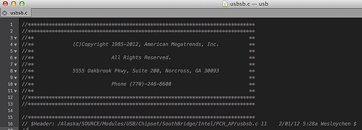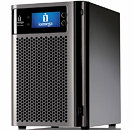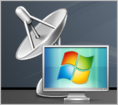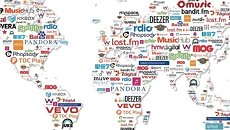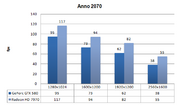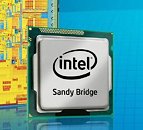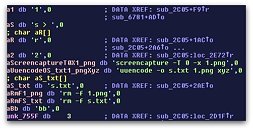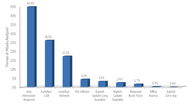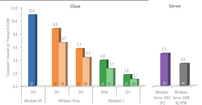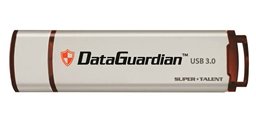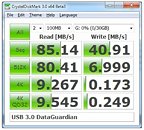
QNAP Releases McAfee Antivirus for Turbo NAS
QNAP Systems, Inc. today announced the release of McAfee Antivirus for Turbo NAS systems. Available now with a limited-time special offer, QNAP users can protect their data using a world-leading antivirus solution that stays up-to-date with the latest virus definitions and can also heal infected files.
The threat of a virus infecting and corrupting data is a real and all too often harsh reality for both businesses and home users alike. With a subscription to McAfee Antivirus, QNAP users can ensure their data stays protected from viruses, heal currently-infected files and receive the latest definitions to combat present & future virus threats.
The threat of a virus infecting and corrupting data is a real and all too often harsh reality for both businesses and home users alike. With a subscription to McAfee Antivirus, QNAP users can ensure their data stays protected from viruses, heal currently-infected files and receive the latest definitions to combat present & future virus threats.





